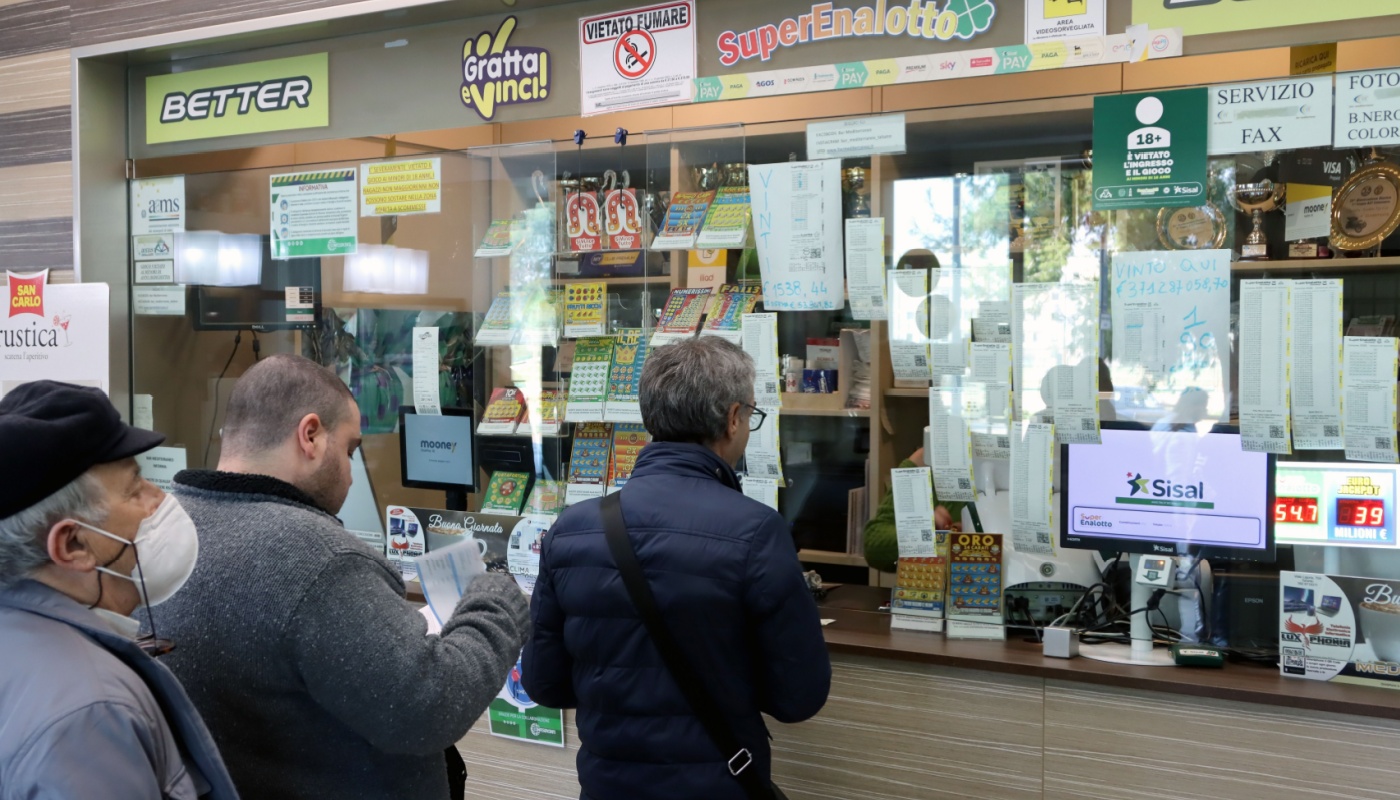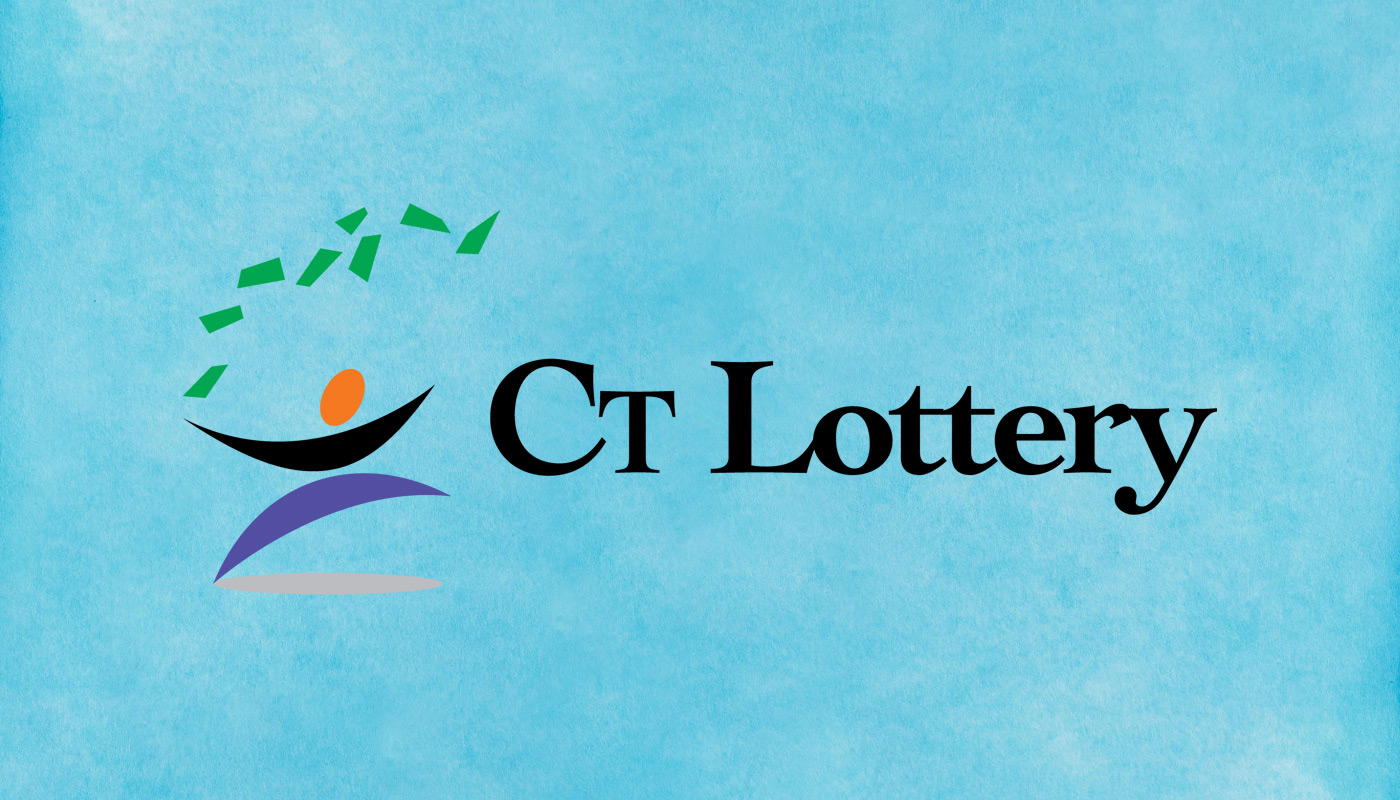
News writer, Interviewer
What drives someone to steal scratch-off tickets across multiple locations? The answer might surprise you with its simplicity.
The scheme unfolds
Anthony Darr thought he had the perfect plan. The 25-year-old Orangeburg man allegedly stole scratch-off lottery tickets from one store and cashed them at two different locations. But his scheme crumbled when South Carolina Law Enforcement Division agents connected the dots.
On September 4, 2024, Darr passed multiple stolen scratch-offs at the River Country Store in Santee. The tickets came from Hutto Food Mart in Holly Hill. The same day, he hit Enmarket #877 in Santee with more stolen tickets from the same source.
SLED charged Darr with two counts of intent to defraud and counterfeit game tickets on June 28, 2025. The 1st Circuit Solicitor's Office will prosecute the case.
When $25 costs everything
Is risking a felony charge worth $25? Anastasia McCray's case suggests some people think so.
The 34-year-old former Parker's #94 employee allegedly stole South Carolina Lottery scratch-offs while working at the Georgetown store on May 20, 2025. She then cashed one winning ticket at a different location for approximately $25.
That decision landed McCray in the Georgetown County Detention Center with a felony charge for intent to defraud the South Carolina Education Lottery. The 15th Circuit Solicitor's Office will handle her prosecution.
What these cases reveal
These incidents expose a troubling pattern. Lottery fraud schemes often involve employees or people with access to tickets. The perpetrators typically cash out winnings at different locations to avoid detection.
But why risk everything for such small amounts? The psychology behind these crimes suggests desperation or a misunderstanding of consequences. A felony conviction carries serious penalties that far outweigh any lottery winnings.
Law enforcement agencies track these schemes through ticket serial numbers and surveillance footage. Modern lottery systems make fraud increasingly difficult to hide.
The bigger picture
South Carolina's lottery generates revenue for education programs statewide. Fraud schemes undermine this system and ultimately hurt the communities these programs serve. The South Carolina Education Lottery has implemented security measures to combat fraud. These include enhanced tracking systems and coordination with law enforcement agencies like SLED.
What's the real cost of lottery fraud? It goes beyond the stolen tickets. These crimes erode public trust in the lottery system and divert resources from their intended educational purposes.
The message from these recent cases is clear: lottery fraud carries serious consequences that no scratch-off prize can justify.



















Comments